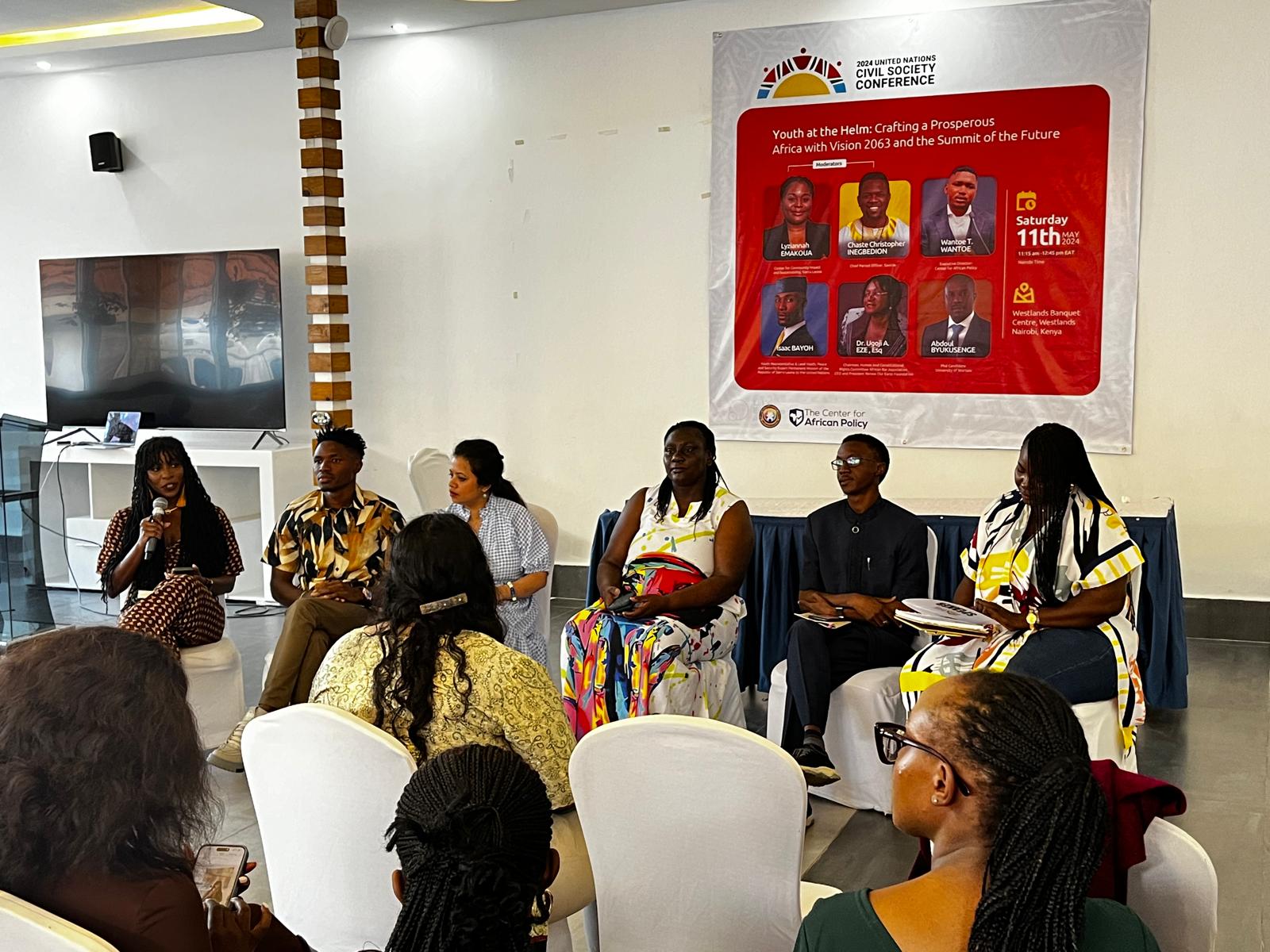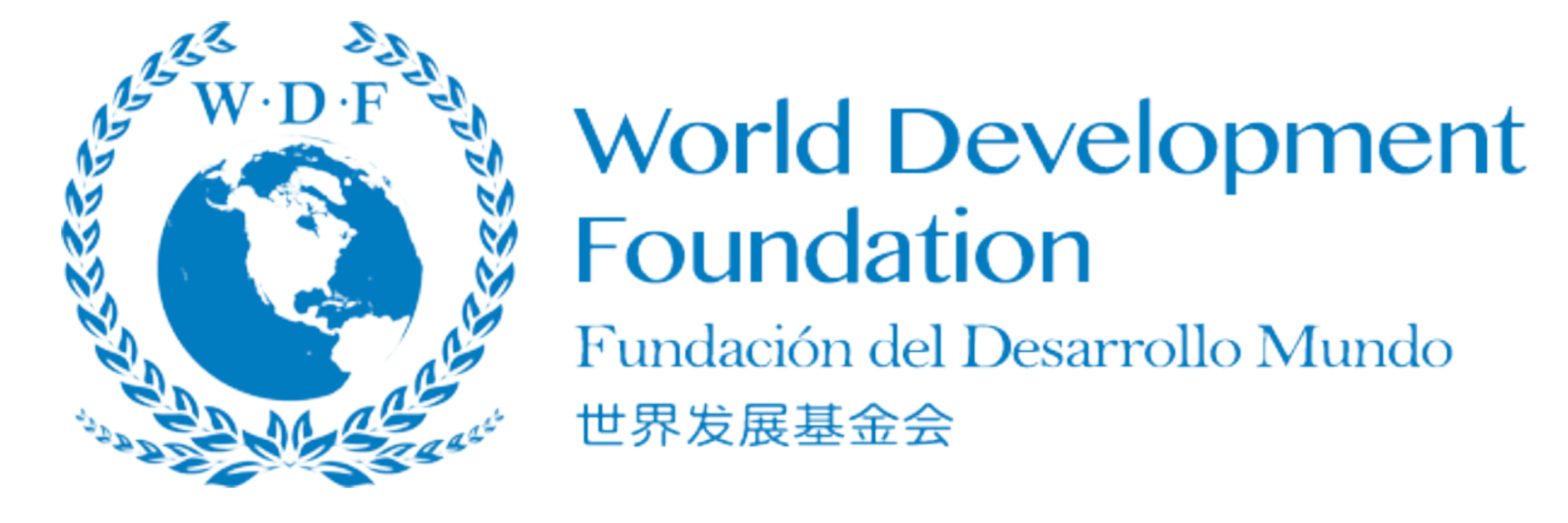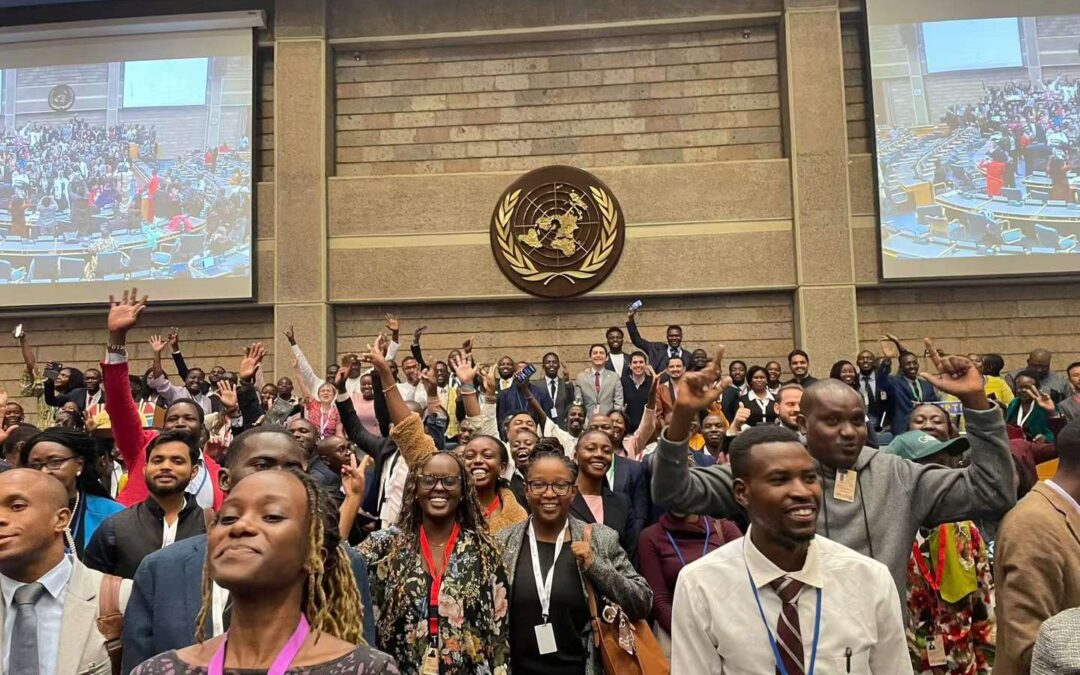Nairobi/New York, May 10, 2024 – The annual UN Civil Society Conference was held for the first time in Africa, in the capital of Kenya, with the participation of thousands of participants representing non-governmental organizations (NGOs) and other entities involved in UN activities.
The Planning Committee of the conference said the event “offers civil society organizations an opportunity to put a global perspective on a specific issue and brings together senior UN System officials, prominent international civil society organizations, youth changemakers, academia, public opinion makers, and international media to discuss issues of global concern.”
It said the conference was held to provide preliminary discussions and data ahead of the Summit of the Future September 22-23, 2024 at the UN Headquarters in New York.
The UN defines the Summit of the Future as a “once-in-a-generation opportunity to enhance cooperation on critical challenges and address gaps in global governance, reaffirm existing commitments including to the Sustainable Development Goals (SDGs) and the United Nations Charter, and move towards a reinvigorated multilateral system that is better positioned to positively impact people’s lives.”
UN News reported that Maher Nasser, Director of the UN communication department’s Outreach Division, said more than 3,600 civil society representatives from 2,750 entities had registered for the conference, along with around 400 representatives of 64 governments, seven inter-governmental organizations (IGOs), 37 UN entities and over 100 media reporters. In addition, 70 per cent of those registered were from Africa and 40 per cent of all registrations were youth, in the age group 18 to 34. Climate was the top issue for youth registrants.
UN Secretary-General Antonio Guterres addresses the conference
UN Secretary-General Antonio Guterres said in his address that the conference provides an impetus to the Summit of the Future.
“Civil society is central to the Summit’s aims: advancing sustainable development; unlocking finance; and reshaping multilateralism for the 21st century. I am delighted by the diverse participation at this conference, including many young people and representatives from African countries. Their contribution is vital.”
“Because our world is facing multiple crises. And Africa is suffering – disproportionately. This continent is being blasted by extreme weather, turbocharged by a climate crisis it has done next to nothing to create: From lethal floods in the East, to deadly droughts in the South.”
But he said Africa could be a “renewables giant” as it is home to 30 percent of minerals critical to renewables and 60 percent of the world’s best solar resources while it received just 2 percent of renewables investment in recent decades.
“And too often, countries and communities with critical energy transition minerals are exploited, and relegated to the bottom of the value chain,” Mr. Guterres said.
The UN chief said the UN is fighting for climate justice, pointing to the work of the new Panel on Critical Energy Transition Minerals which is tasked to develop voluntary principles to ensure developing countries receive maximum benefit.
“We are calling for developing countries to honor their promises on climate finance – including funding to help countries prepare for the worst of climate chaos, for significant contributions to the new Loss and Damage Fund, for action to reform the multilateral development banks so that finance flows to climate action, and for the G20 to lead efforts to slash emissions and accelerate a just global phase-out of fossil fuel,” he said.
Ms Amina Mohammed, the UN Deputy Secretary-General, said in a video message to the Nairobi conference that civil society has a “strong voice” in its support of UN goals.
“You fight for global justice, for social justice and for climate justice,” she said. “For peace, for gender equality, for human rights and for the Sustainable Development Goals,” Ms Mohammed said, adding: “You stand in solidarity with the vulnerable and the marginalized. This Conference is a testament to the strong voice of civil society, despite rising threats and shrinking space.”

Representative from the World Development Foundation Advocates for Youth Participation at Global Platform
Mrs. Nishat Mirza, a representative from the World Development Foundation (WDF), spoke at the “Global Youth Discussion” panel, an event co-hosted by the UN Department of Global Communications Civil Society Unit and its Youth Representative Steering Committee.
During her address, Mrs. Mirza highlighted her previous work at WDF, emphasizing the importance of fostering intergenerational dialogue and amplifying the voices of young people at global discussion platform. She showcased initiatives organized by WDF, taken place at the United Nations, that align with the Sustainable Development Goals (SDGs) and called for young people’s participation in the upcoming event – “Summit of the Future” this year in September.

